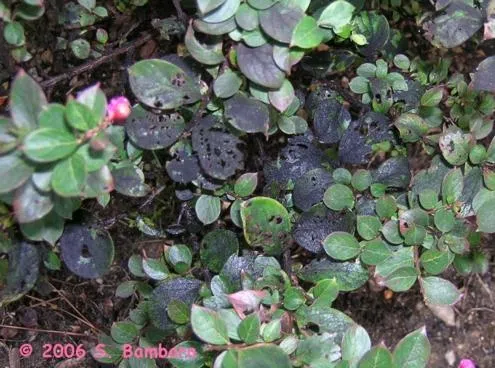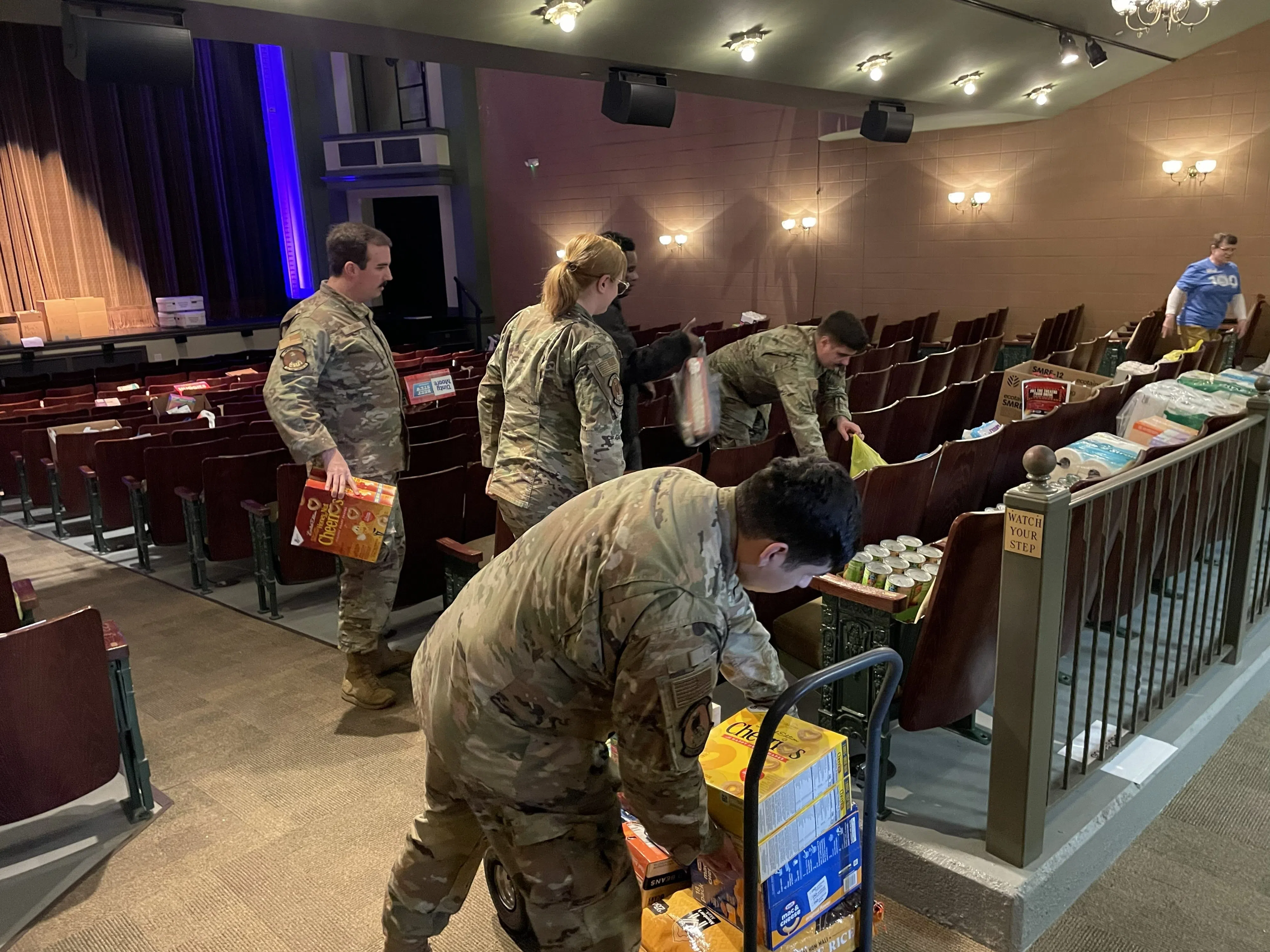By Jessica Strickland, Agriculture Extension Agent, North Carolina Cooperative Extension
Wayne County — (May 24) — If you’ve recently noticed a black, soot-like substance covering the leaves of your garden plants, don’t panic—it’s likely not a disease, but something known as sooty mold. This dark fungal coating can make foliage appear almost charcoal gray and may even form a thin sheet that eventually peels away from the leaf surface.
What Is Sooty Mold?
Despite its ominous appearance, sooty mold isn’t harmful in itself. The real culprits behind this unsightly mess are sap-sucking insects such as aphids, scales, and mealybugs. As these pests feed on plant sap, they excrete a sweet, sticky substance called honeydew. This honeydew coats the leaves and provides the perfect environment for sooty mold spores, which are carried by the wind, to settle and thrive.
While a small amount of mold and a limited insect population are generally not a cause for concern, a heavy infestation can significantly reduce the plant’s vigor. The black coating blocks sunlight, hindering the plant’s ability to photosynthesize and ultimately affecting growth and appearance—especially problematic for ornamental plants.
How to Control Sooty Mold
The key to managing sooty mold lies in controlling the insects responsible for the honeydew. Horticultural oils are an effective, widely available solution and can be found at garden centers and hardware stores. When applying these oils, it’s crucial to follow the label instructions closely and ensure thorough coverage, especially on the undersides of leaves where insects often hide. Avoid applying oils to new, tender growth to prevent potential plant damage.
Other insecticides may also help manage aphids, scales, and mealybugs. Gardeners should read product labels carefully to confirm the treatment is suitable for these pests.
Even after eliminating the insect problem, the sooty mold may persist on plant surfaces for weeks or even months. In these cases, gently washing leaves with a strong stream of water can help remove the residue and restore the plant’s appearance.
A Note on Pesticide Use
The North Carolina Cooperative Extension reminds all gardeners that the inclusion of chemical treatment recommendations is for convenience only. The mention of specific brands does not imply endorsement. Always ensure compliance with current regulations and follow label instructions when using any agricultural chemicals.
Need Help? Ask a Master Gardener
For those with additional gardening questions, the Wayne County Extension Gardener Volunteer Plant Clinic is here to help. Open Mondays, Wednesdays, and Fridays from 10 a.m. to 1 p.m. (March through June), the clinic can be reached at 919-731-1433, via email at Master.Gardener@waynegov.com, or in person at the Wayne County Extension Office in The Maxwell Center (3114 B Wayne Memorial Drive, Goldsboro).
Stay Connected
- Join our email list for seasonal tips: wayne.ces.ncsu.edu/email-me
- Follow us on Facebook and Instagram:
- Facebook: @waynecooperativeextension
- Instagram: @waynecountyextension
- Explore the Extension Gardener Plant Toolbox for plant ideas: plants.ces.ncsu.edu







